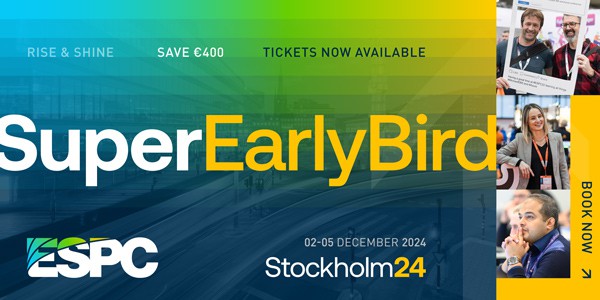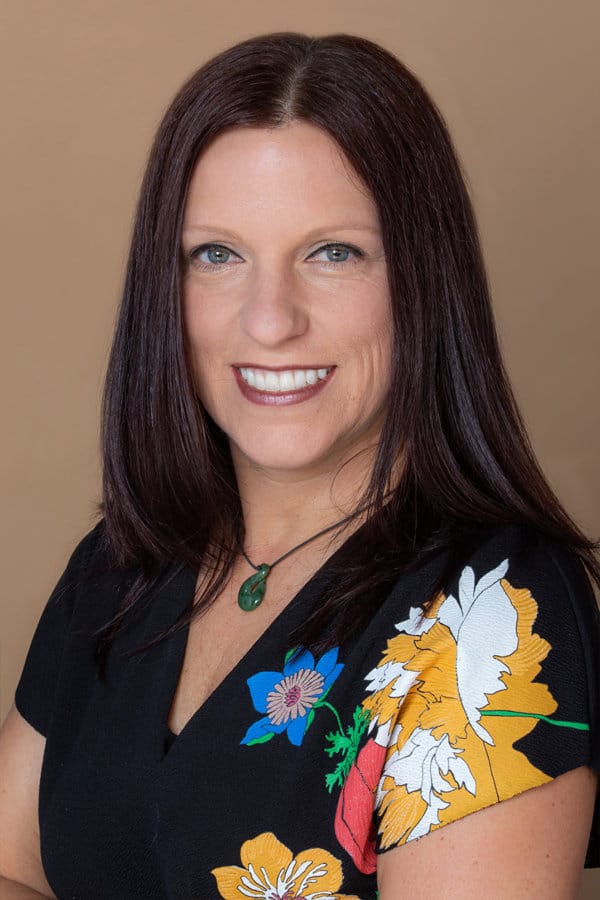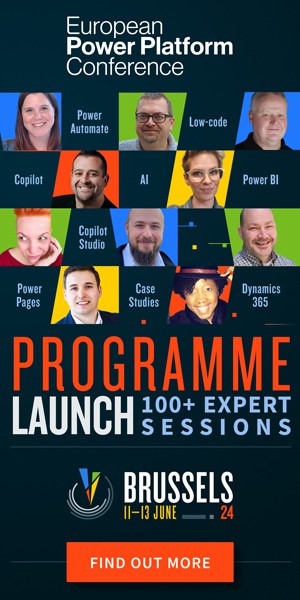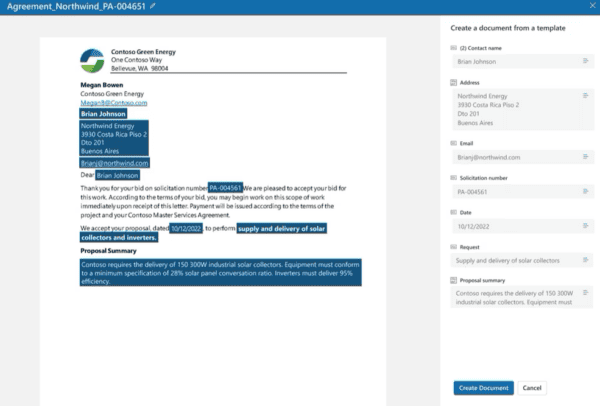
I have always defined myself heavily through my career. Through contributing to an organisation, a team and producing work I feel such a sense of accomplishment. There have been times I have doubted myself and my skills. And at some stages it has been more difficult to push forward believing in myself and leading the way with confidence. My self-concept has been heavily constructed from the reaction of colleagues, managers and key stakeholders in my projects. If a project is failing, its personal for me. When issues arise and I facilitate resolution, I feel proud. I doubt myself if I sense customers doubting me. It is a tough journey that has become easier year by year with experience and age. It wasn’t always smooth and my belief in myself was more fragile a decade ago. One key factor I had to overcome was working alongside my husband who is highly intelligent, experienced and has a strong reputation. I had to carve out my own place in the industry and I never wanted to appear that he was in any way creating that path. I wanted to share some of the experiences that helped me shape a stronger sense of self in this industry.
A key pivotal moment in my career was when I turned to my husband and said “I’ll do his job for you. I’ll do it better and in only 2 days a week”. I was working as a Project Manager at a major University in Melbourne and had not long returned to my role part-time after the birth of our first child. It was a very tough and emotional period. My job was great and my boss fantastic, however there were challenges in leading work when you are not there 100%. I would need to meet with a very senior stakeholder and be told they are not available for 6 weeks and only on a Thursday. But I didn’t work Thursdays. That wasn’t their problem. Plus, I was struggling with walking away from my 5-month-old baby each work day, being new to the role of mother and establishing this responsibility into my sense of self.
So when my husband was running his own business and at times complaining about his Project Manager one morning I had a brainwave. Let’s run the business together. I ran projects from home working only a few hours each day during baby naps, spreading my time across the week, and using a nanny when required.
At this stage his business, Paradyne, had been running for a couple of years. There were about 5 staff and the key work was mailbox migrations, building SharePoint intranets and file migrations. There was a lot to learn. I had spent a few years leading projects elsewhere and had already learnt a lot. And I was good at it. Even though I felt I lacked knowledge in the technical detail (my background was psychology) my natural desire for structure, being very organised and my strength in facilitation all enabled me to deliver the work well. I was Prince2 certified, had led Agile projects in software development and was highly regarded in my previous organisations. But with all of that, I struggled in a tech world not being a tech girl. I used to say often “I hate being the least knowledgeable person in the meeting”. When I just got on with the work it went well, but at times I spent too much energy focusing on the reactions of others and making assumptions about what they thought of me.
Not all my doubts were just in my head. It wasn’t an anxiety issue; it was thoughts feeding off some of the treatment of me in the industry. At the time, I am sure if you asked stakeholders many would feel I was great at my job, but I was also experiencing some of the challenges of being a woman in IT and then the added layer was being the wife of the company Director. It was tough thinking people might assume I was there because he gave me a job not because I earned it from my experience. I even introduced myself to customers as “hi, I’m Megan” leaving off my surname when I could.
At times I noticed a physical reaction in meetings. I am sure others have felt it, whether it be gender, colour or culture. Even though being a woman in IT was something I had to overcome, I always saw that as something that drove me to push harder. What I struggled with was people making assumptions of why I was in my role, or even what my role was, because I was Loryan’s wife. Firstly, people assumed I was his assistant or did the accounts. I wish I had a dollar for every time someone said, “oh you are Loryan’s wife, do you do the bookkeeping?”. Sitting around a meeting room table I would participate and give input where I could and try to facilitate discussions. Stakeholders would at times not even turn in my direction or give me eye contact, like I wasn’t worth being involved in the discussion. There would often be defining moments in a meeting when I would make a comment, raise an issue, suggest a resolution or strategy detail. I would see them look up and across at me and sense a slight shift in their seat. It was like in their head there was a “oh, she knows stuff”. Then the balance would shift ongoing in the project. I loved earning that shift, but it was frustrating to have to experience that process with every new project.
With my academic background in Organisational Psychology, and some of my previous PM experience, it was a natural progression while leading projects for me to think of the person at the other side, the end-user. I was passionate about the experience people were having, and how our projects were impacting them. What was great here was that Loryan’s business partner Ben also had previous experience in Change Management and saw value in incorporating this into our project delivery. Alongside Loryan always being my biggest fan, having Ben also value my contribution helped increase my confidence and I started to notice less internal doubt and enjoy the work. Over this time, I built our Adoption and Change Management offering, owning and leading this area of the business. What also helped my strength here and greater sense of self was that this work was backed with a university degree. Very quickly I adapted this into any introduction during a presentation or sales meeting, subtly adding “given my background in Psychology” or the like. We stood out as the partner that not only did high quality technical work but had this offering to drive success, support users and make projects well received.
A second pivotal moment came when I was in a meeting one day with the Director’s, Loryan and Ben. I said to them “I am thinking of changing to using my maiden name for work”. I vaguely recall Ben’s response was cautious “we wouldn’t expect you to do that, but I can see why it could be a good move”. By moving to working in my maiden name, I felt myself more strongly step out of my husband’s shadow and felt like I shed all the assumption about why I was in the business. It no longer felt like “what a great guy he is to give his little wife a job in his business” or whatever assumptions I felt people made about me. I pushed forward with greater strength in the business. This coupled with feeling I knew the area much better than the first few projects but also, I had built and contributed enough to know I was valued. It was amazing how different I felt co-facilitating a workshop or meeting with Loryan introducing myself with a different surname. I was an individual. Gone were the comments, questions or reactions to Loryan’s wife being in the meeting. I was just the Change Manager and deserved a seat at the table.

As much as I love working with my husband and value the experiences we have, at times I have had to break away and feel success in my individual path. A while after Paradyne was acquired I moved from consulting to an internal role in a transformation program. With this change of role, I immediately moved back to my married name. As much as my maiden name helped for a period, it was weird having two identities (work self and real-life self). I worked very hard that year to see what I was capable of. I lead 2 go-live waves as the Change Manager and was nominated for a Director’s award for my contribution. I came up for air and decided being an Office 365 Consultant was my passion and I missed certain aspects, so I moved rapidly back into that space. In the year that followed I ended up working with Loryan again. When he suggested that we join forces as all his customers needed my expertise alongside his, I stepped into the work with one key difference. I wasn’t changing my name again. While working in my maiden name helped me overcome some of the early challenges and establish myself as a key player in this industry, I decided the world can just deal with knowing I was his wife. The years of pushing for my own path and showing my worth had given me the self-confidence to share a career so close to him and know I am in no way where I am from riding his coattails.

About the Author:
Megan Strant leads the Adoption and Change Management area at Insync Technology, an Australian based Microosft Partner. She has been consulting in Change Management in Microosft Office 365 for 8+ years, driving a positive end-user experience during an implementation or broader modern workplace programs, along with creative ways to support people to learn, change behaviour and drive value with the apps.
Web: https://www.meganstrant.com/
Twitter: @MeganStrant











